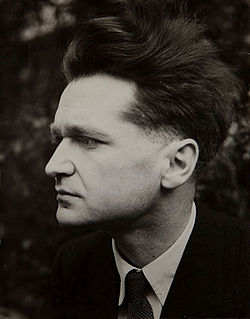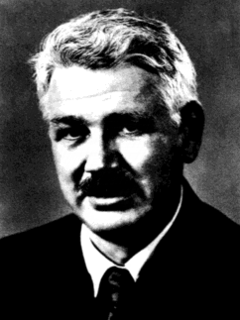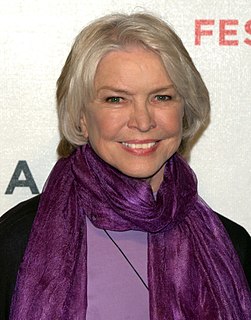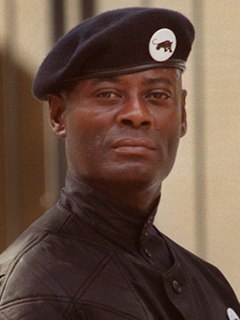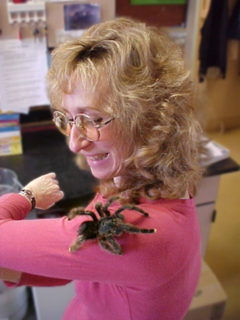A Quote by Emil Cioran
Our works, whatever they may be, derive from our incapacity to kill or to kill ourselves.
Related Quotes
It is the retention by twentieth-century, Atom-Age men of the Neolithic point of view that says: You stay in your village and I will stay in mine. If your sheep eat our grass we will kill you, or we may kill you anyhow to get all the grass for our own sheep. Anyone who tries to make us change our ways is a witch and we will kill him. Keep out of our village.
I would like to say boxing cannot compared with war. We have gloves on, we have cushions, we have referees, we have judges, we have ambulances there, the intention not to kill, we don't have steel there, we don't have bullets, we don't kill momma, kill daddy, kill baby, our intention is a sport, and we're not there to kill, so boxing cannot be compared in no way with machineguns and bombs and everything that used.
I've never struggled with that at all....in the state of Texas, if you come into our state and you kill one of our children, you kill a police officer, you're involved with another crime and you kill one of our citizens, you will face the ultimate justice in the state of Texas, and that is, you will be executed.
Human relationships with predators have always been thorny. Predators are the first creatures our kind purposely eradicates. Too often, people feel humans are and should be in control; we are enraged to discover this is not true. And when other creatures share our appetites and kill our livestock (often animals we were raising to kill, ourselves), we call them vandals and murderers...Predators are the most persecuted creatures on Earth.
Though we are commanded to 'wash ourselves', to 'cleanse ourselves from sins', to 'purge ourselves from all our iniquities', yet to imagine that we can do these things by our own efforts is to trample on the cross and grace of Jesus Christ. Whatever God works in us by his grace, he commands us to do as our duty. God works all in us and by us.
